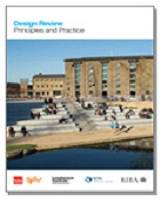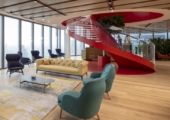To provide the best experiences, we use technologies like cookies to store and/or access device information. Consenting to these technologies will allow us to process data such as browsing behaviour or unique IDs on this site. Not consenting or withdrawing consent, may adversely affect certain features and functions.
The technical storage or access is strictly necessary for the legitimate purpose of enabling the use of a specific service explicitly requested by the subscriber or user, or for the sole purpose of carrying out the transmission of a communication over an electronic communications network.
The technical storage or access is necessary for the legitimate purpose of storing preferences that are not requested by the subscriber or user.
The technical storage or access that is used exclusively for statistical purposes.
The technical storage or access that is used exclusively for anonymous statistical purposes. Without a subpoena, voluntary compliance on the part of your Internet Service Provider, or additional records from a third party, information stored or retrieved for this purpose alone cannot usually be used to identify you.
The technical storage or access is required to create user profiles to send advertising, or to track the user on a website or across several websites for similar marketing purposes.












 Construction business activity fell by the third month running in January, with new orders at slowest pace since October 2012 according to the latest Markit/CIPS UK Construction Purchasing Managers’ Index (PMI). There were some reports that snowfall had contributed to reduced output volumes, but the majority of respondents cited weak underlying client demand and a lack of new projects. However commercial activity was the only sub-sector to buck the wider downward trend in output during January with the latest data indicating unchanged volumes of commercial activity, ending five months of contraction.
Construction business activity fell by the third month running in January, with new orders at slowest pace since October 2012 according to the latest Markit/CIPS UK Construction Purchasing Managers’ Index (PMI). There were some reports that snowfall had contributed to reduced output volumes, but the majority of respondents cited weak underlying client demand and a lack of new projects. However commercial activity was the only sub-sector to buck the wider downward trend in output during January with the latest data indicating unchanged volumes of commercial activity, ending five months of contraction. 














February 18, 2013
Tipping point reached in battle between tablets and PCs
by Mark Eltringham • Comment, Facilities management, Furniture, Legal news, Technology, Workplace design